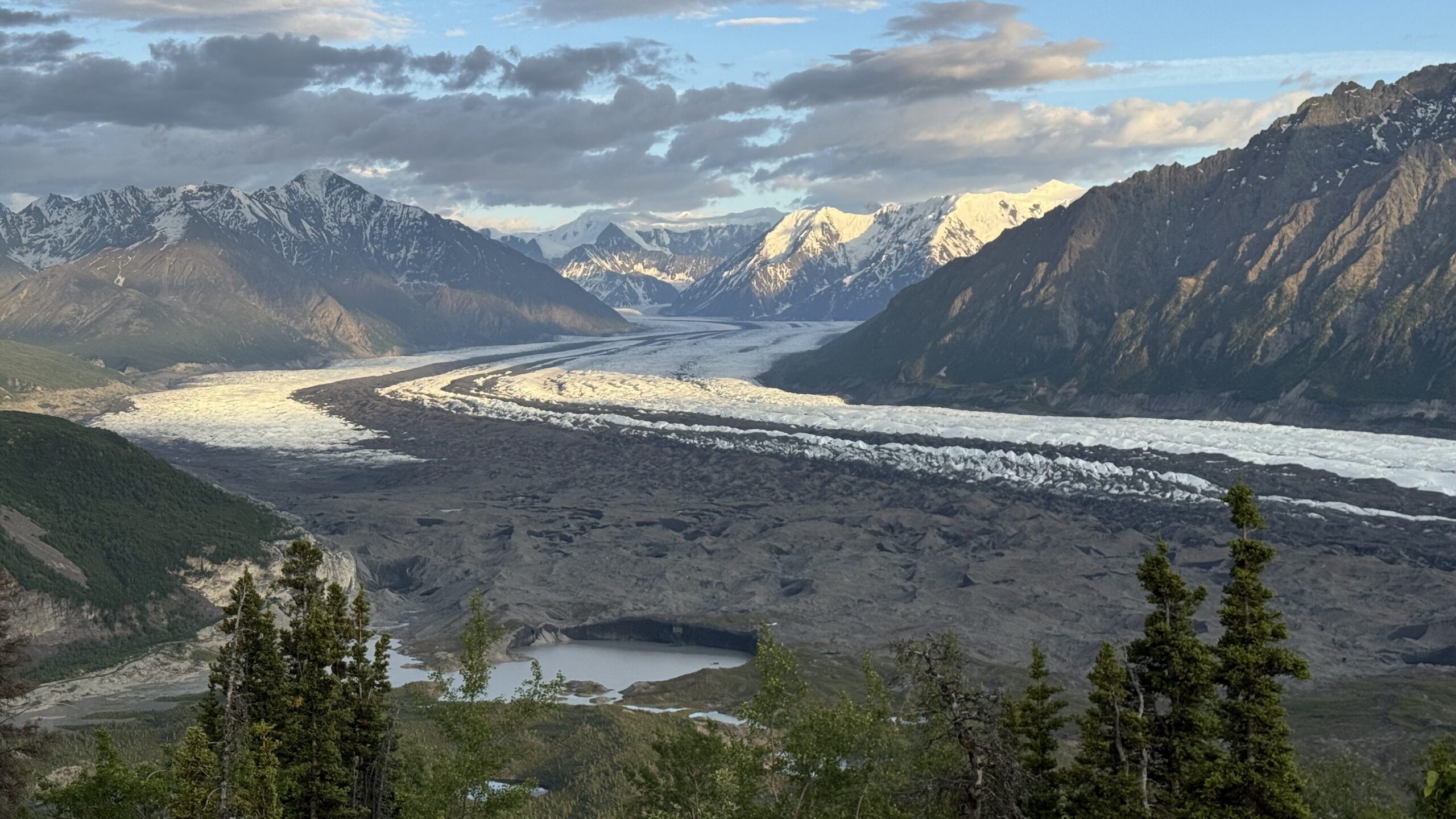
2025
Letting art do the work that science cannot: Bonanza Creek’s In a Time of Change program
2024
Shaped by fire: The Bonanza Creek LTER
2023
Surprising effects of fire in North America’s boreal forests
NAU-led research team receives $9.6M to study how Alaska’s forests change, adapt to warmer climates
2021
Can communities protect themselves by planting less flammable forests?
Michelle Mack named American Geophysical Union (AGU) fellow
In wild soil, predatory bacteria grow faster than their prey, NAU study shows
Deciduous trees offset carbon loss from Alaskan boreal fires, new study out of NAU finds
Rising from the ashes, Alaska’s forests come back stronger
Seven new Regents’ professors showcase NAU’s research and scholarly excellence
2020
Fuels, not fire weather, control carbon emissions in boreal forest, new study finds
NAU researchers win $1.3M in NSF grants to study major shifts in carbon storage
A tale of two understories: How mosses and climate are shaping the fate of nitrogen in the boreal
NAU scientists help chart a path to understand how Arctic vegetation is changing
NAU, national partners win $3.3 million grant to study microbes’ role in a changing world
Connector fungi offer new clues to fate of nitrogen in warming tundra
2019
Boreal forest fires could release deep soil carbon
Extreme wildfires threaten to turn boreal forests from carbon sinks to carbon sources
2018
Michelle Mack recognized as a leader in fire science
Feeding fungi: NAU researcher finds fungi in permafrost gets nutrients through surprising route
2017
Nitrogen isotopes in trees show declining fertility in U.S. forests
Fire expert, Michelle Mack, comments on Arctic ecosystems and fire activity
2016
Biomass offsets little or none of permafrost carbon release
2015
New NASA Arctic-Boreal Vulnerability Experiment (ABoVE) project featured on nightly news
NAU press release for new NASA fire project, part of the ABoVE Field Campaign
Science outreach to the public: Michelle gives a seminar at the Flagstaff Festival of Science
NAU office of the VP for Research profiles Michelle, one year after she arrives at NAU
New NSF Dimensions of Biodiversity grant comes to NAU
Michelle quoted in Washington Post about fire in Alaska
Michelle quoted in Washing Post on the world’s many trees
Measuring the impacts of severe wildfires in the Arctic
Michelle quotes in Science Magazine’s New section in article about “The New North”